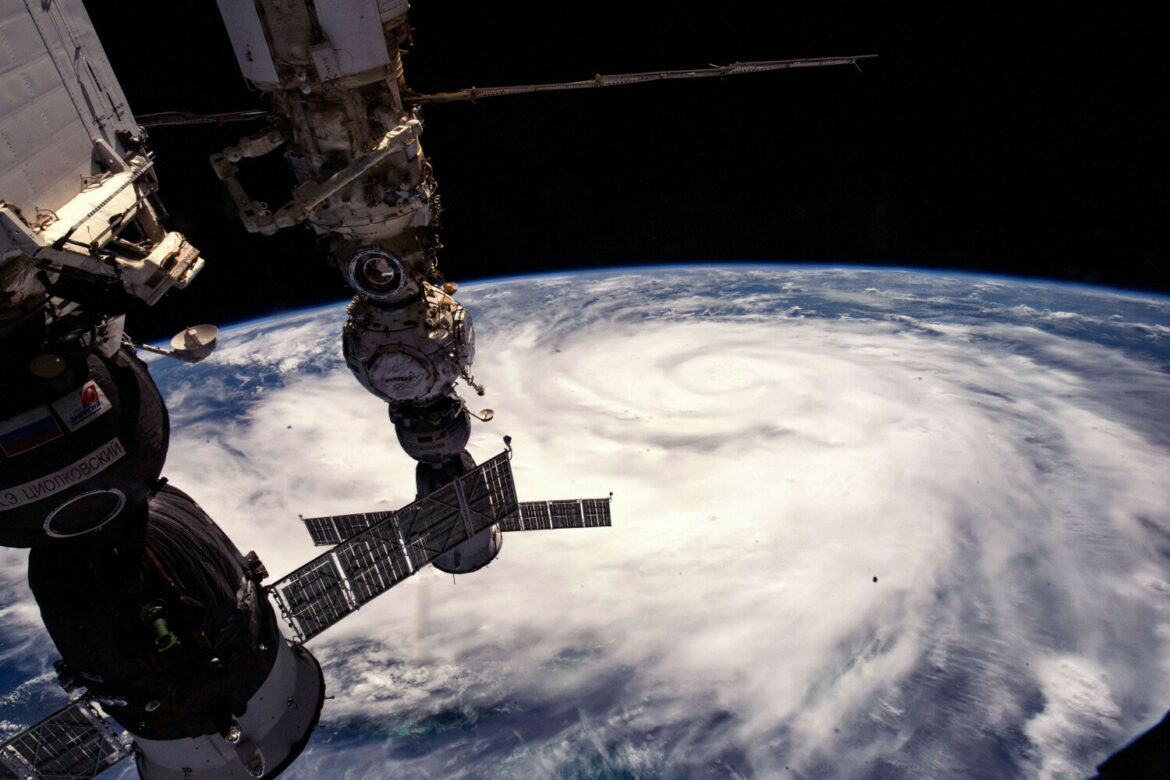Polish scientist Sławosz Uznański has been selected by the European Space Agency (ESA) for the ESA Astronaut Reserve. He had to defeat more than 22,000 candidates from all over Europe in the preliminaries, which lasted a year and a half. Uznański was helped by his experience gained at the European Organization for Nuclear Research (CERN) in Geneva, where he works as an operator of the Large Hadron Collider.
The Pole was among 17 astronauts selected by the European Space Agency. He joined the reserve. If necessary, he will fly to the International Space Station.
“This is certainly one of the most important days in my life, but also an exceptional moment for Polish science and Polish participation in space exploration,” said Uznański.
The selection of a Pole to this exclusive group is a huge success. Uznański had to beat more than 22,000 candidates from all over Europe in the ESA preliminaries, which lasted a year and a half. Candidates underwent tests of knowledge of space and space technologies, checking intelligence and computational prowess, ability to solve problems under time pressure, mental toughness and keeping cool under stress. They were subjected to detailed medical examinations and underwent a series of interviews.
An additional advantage for the Pole was the experience gained at the European Organization for Nuclear Research (CERN) in Geneva, where he works as an operator of the Large Hadron Collider LHC. This is a device as complex and technologically advanced as the International Space Station (ISS).
ESA contracts will be awarded to 6 basic corps astronauts, including one with a disability, and 11 reserve astronauts. The former are virtually guaranteed flights to the ISS, and perhaps even to any of NASA’s lunar missions carried out with ESA’s participation. The reservists, including a Pole, can join them at any time and begin intensive training if ESA expands its manned programs, particularly the use of the ISS.
Arkadiusz Slomczynski





